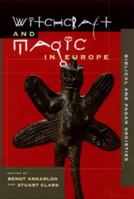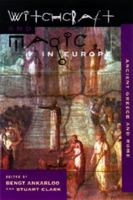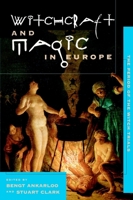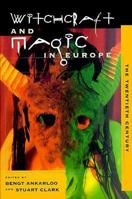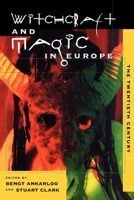Good Fat, Bad Fat: How to Lower Your Cholesterol and Beat the Odds of a Heart Attack
Select Format
Select Condition 
Book Overview
Learn to beat the 1-in-2 odds of dying from fat-blocked arteries. Follow this complete low-saturated fat, low-cholesterol, no-niacin program. Easy-to-use charts and a simple formula help you calculate the saturated fat content in the foods you eat. Over 200 recipes encourage you with delicious snacks, entrees, side dishes, breads and desserts. Includes suggestions for recipe substitutions. (Fisher Books) This description may be from another edition of this product.
Format:Paperback
Language:English
ISBN:1555610137
ISBN13:9781555610135
Release Date:December 1988
Publisher:Da Capo Press
Length:264 Pages
Weight:0.10 lbs.
Dimensions:0.9" x 6.0" x 9.0"
Customer Reviews
7 customer ratings | 5 reviews
There are currently no reviews. Be the first to review this work.












